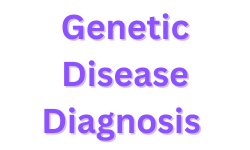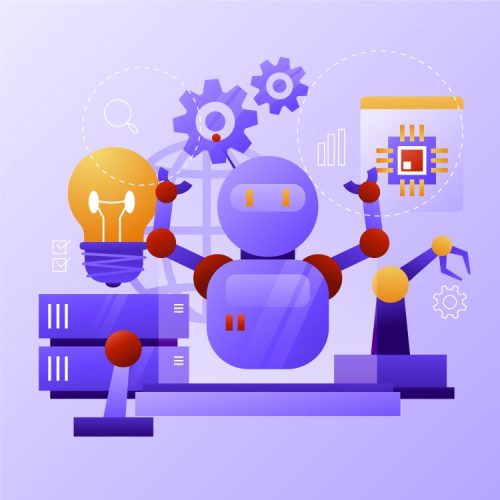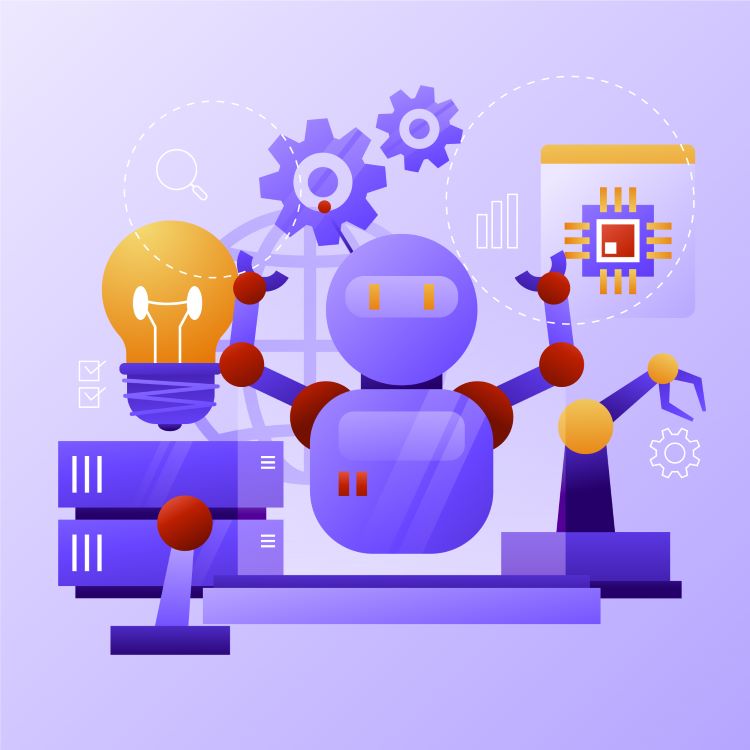“In the realm of cutting-edge healthcare, a transformative force is emerging: Genetic Disease Diagnosis AI. Google DeepMind, a pioneer in artificial intelligence, has unveiled a groundbreaking achievement that promises to reshape the landscape of medical science. Their AI system possesses the remarkable ability to pinpoint DNA variations within our genomes that may underlie genetic diseases, potentially revolutionizing the diagnosis of rare disorders and offering critical insights for future drug development.
In this article, we delve into the remarkable synergy between AI Technology and Genetic Disease Diagnosis, exploring how DeepMind’s latest breakthrough is poised to accelerate the identification of elusive genetic disorders. This transformative journey not only enhances the speed and accuracy of diagnosis but also holds the potential to unlock new horizons in the quest for effective treatments and cures.”

In a significant stride toward advancing medical science, Google DeepMind has announced a groundbreaking achievement: the development of an artificial intelligence system capable of identifying DNA variations in our genomes that may lead to genetic diseases. This AI breakthrough has the potential to revolutionize the Genetic Disease Diagnosis of rare disorders and potentially provide critical insights for drug development.
Table of Contents
ToggleThe Evolution of DeepMind's AI Expertise
This achievement builds upon DeepMind’s earlier success in 2021 when it unveiled AlphaFold, a program capable of accurately predicting the complex shapes of proteins—an endeavor that had long been considered one of biology’s greatest challenges. DeepMind has now leveraged this protein-folding expertise to refine its AI model further. It can now predict which misspellings or mutations within human DNA should be treated as inconsequential and which are likely to trigger diseases.
The Significance of AI-Driven Genetic Disease Diagnosis Insights
While the AI system is not designed to make direct diagnoses, its predictions hold immense value for the medical community. Currently, doctors already use computer-generated predictions to assist in pinpointing the genetic origins of mysterious syndromes. However, the true measure of success for modern artificial intelligence lies in its potential to pave the way for new treatments and cures—a frontier that has not yet been fully explored.

Implications for Diagnosis and Drug Development
DeepMind’s AI system could significantly expedite the diagnosis of genetic disorders by assisting healthcare professionals in identifying problematic genetic variations more rapidly and accurately. Moreover, the insights gained from these predictions could potentially steer drug development efforts in promising directions, offering hope for the development of novel therapies and interventions.
As the intersection of AI and genomics continues to evolve, the healthcare industry stands at the threshold of a new era in which the mysteries of genetic diseases may be unraveled more swiftly than ever before. While challenges and questions persist, the promise of AI in healthcare remains undeniably profound, holding the potential to transform the lives of individuals affected by genetic disorders.
Stay tuned as we witness the ongoing journey of AI-driven discoveries and their impact on the future of healthcare, disease diagnosis, and the quest for new treatments.

